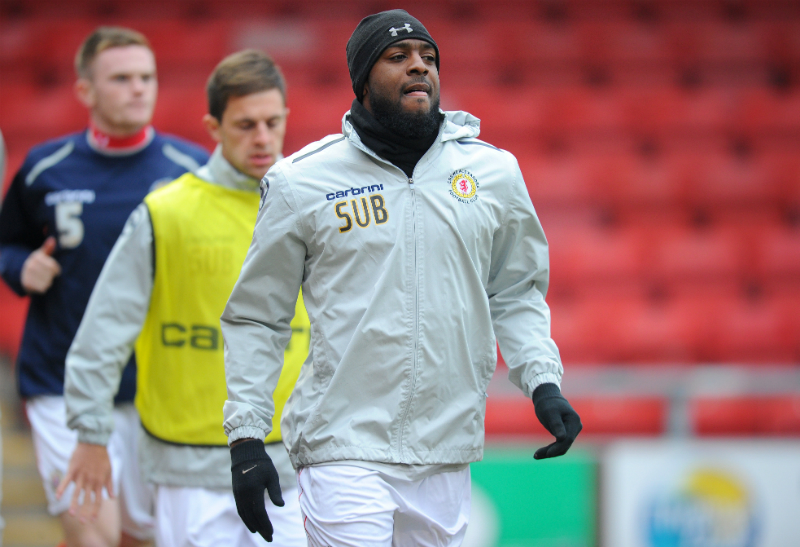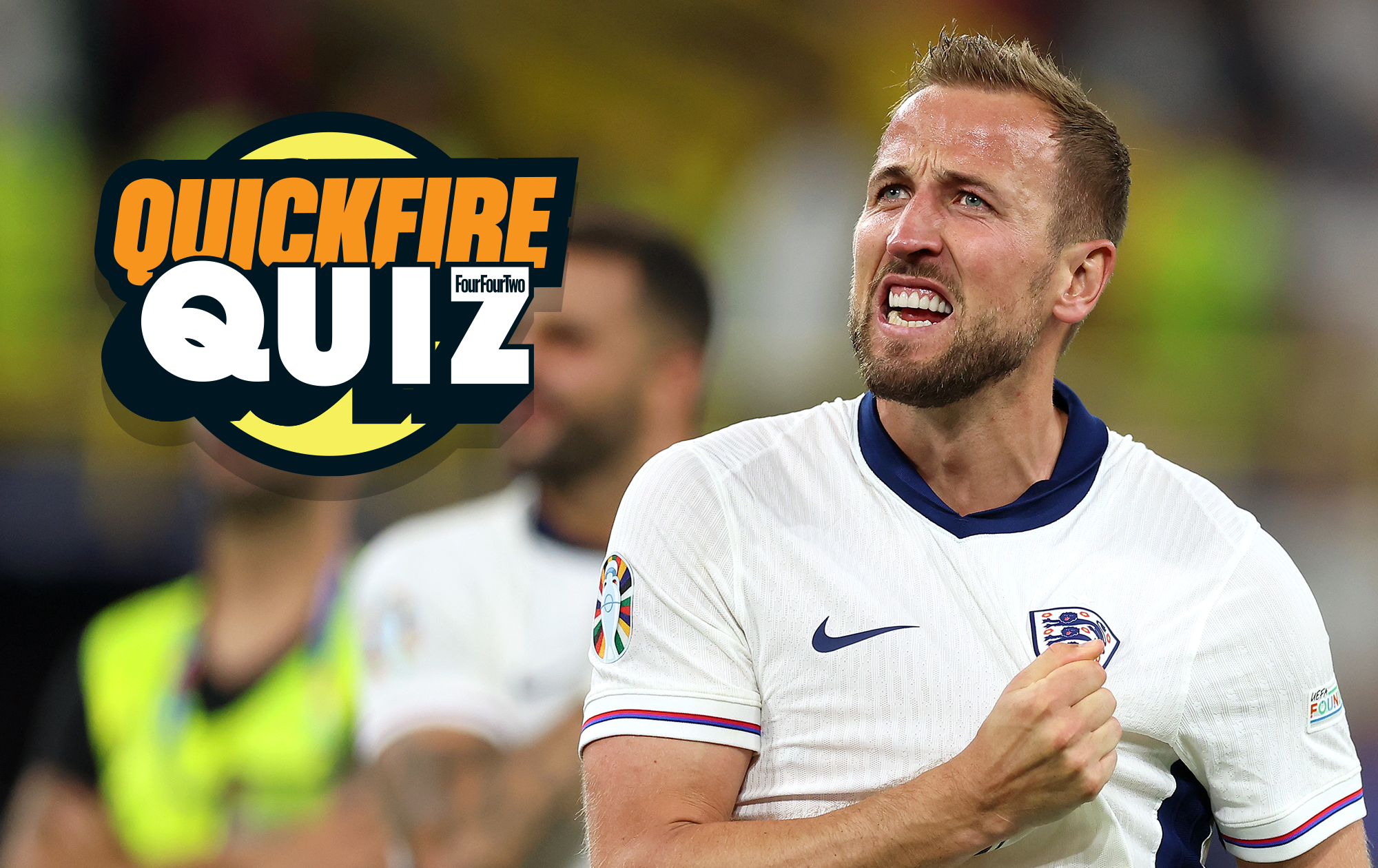
As part of your faith you observe Ramadan, an annual month of fasting. What does this involve?
I have to abstain from taking in food or liquid from before sunrise until sundown.
How difficult is this for you as a professional footballer?
To be honest, it’s not that difficult. There are a lot of misconceptions out there. People think Muslims fast to torture themselves – as a show of devotion to our faith – but this is not true. We do it to give up our bad habits and to become better Muslims.
How do your team-mates react?
They think it’s the hardest thing a person could do – they always ask me how I do it – but to me it’s not that big a deal. Whatever club I’m playing for players ask questions, but I’m happy to answer them.
How do you cope with the physical demands of playing a game on an empty stomach?
The best features, fun and footballing quizzes, straight to your inbox every week.
It’s about getting your preparation right. Muslims only fast during daylight hours so I have to get the right fuel onboard before the first prayer of the day. This is called the suhoor [the early pre-dawn breakfast]. I’ve got my routine and I make sure stick to it.
What do you eat when not fasting?
In the morning I have two pieces of toast and a decaf coffee, or cereal before training. I then make sure I drink a bottle of water on my drive to work. After training I’ll have pasta with fish or a sandwich with some fruit and a few cordial drinks. For dinner, my wife and I will usually have something that’s carb-based – normally rice or pasta with either fish, chicken, beef or lamb. But I’m a sucker when it comes to snacking and I can’t help eating crisps and a few sweets during the day. In the night I have a few biscuits with my hot drinks – but these days I try not to eat the whole pack like I used to when I was younger!
How does your body react when your normal eating habits are suspended for Ramadan?
It can be a challenge to start with, but it adapts. You have to make sure you’re fully hydrated – that’s the key. If you don’t get enough fluid on board when you have the chance you will struggle. I feel strong during the month of Ramadan. I’ve never felt like I was going to pass out.
Do you believe there any benefits to fasting?
You lose a bit of weight and get leaner, although that goes straight back on once you stop fasting. It also teaches self-control and restraint. This helps when it comes to pre-season and you’re trying to get back into shape.
Two meals, lots of fruit and eight litres of water
‘The Duke’ has a gruelling meal plan while fasting – we don’t suggest trying this at home
Fooooooood!
“When it hits sunset [Maghrib] I try to break my fast with dates and milk or water. I then have my main meal either at home or at the mosque. It’s usually rice and lamb, but could be anything from chicken, beef or lamb with rice or pasta. I also try to get my daily fruits in the evening. It’s funny because I feel like I could eat a horse during the day, but when I finally get to eat, I feel full after half a plate.”
Midnight meal
“The first prayer of the day is at dawn, before sunrise: this is usually at 4am, so I get up at 3am and have a bowl of porridge and chopped banana. This is a great source of carbohydrates and provides me with a slow release of energy. This gives me all the fuel I need for training or a match.”
Glug, glug, glug
“After both my meals I drink 3-4 litres of water [FFT suggests you spread this over eight hours]. I drink the first two-litre bottle like it’s a can of coke. This can help you feel full up. If you’re dehydrated your performance suffers. Your body tires a lot quicker and it can affect your concentration.”
 Join The Club
Join The Club





